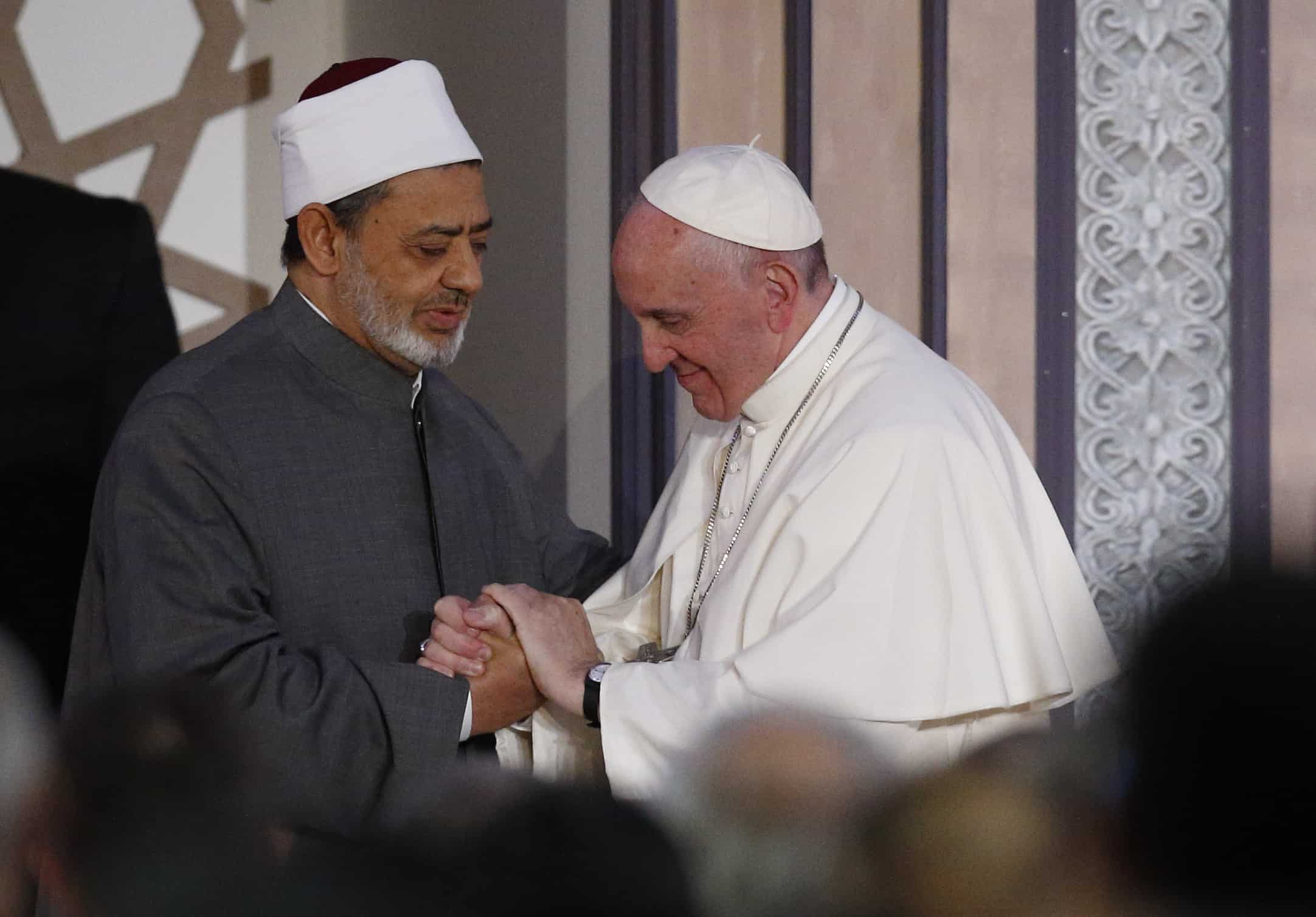Ma’alesh, translated to “it’s not so bad,” is used often in colloquial Arabic in Egypt. For all the troubles and resulting cynicism that may plague their lives, Egyptians attempt, at least in their vocabulary, to be optimistic.
But ma’alesh is a word that probably hasn’t been heard much in Coptic circles these past few weeks. On Palm Sunday, April 9th, ISIS brutally bombed two Coptic Orthodox places of worship, a cathedral in Alexandria, and a church in Tanta. 49 people were killed.
I vividly remember the shock and horror that I felt as I woke up that Sunday: most of my extended family lives in Egypt, and some of them are Coptic Orthodox. Of course, I had experienced that mix of disgust, rage, and heartache when reading about previous terrorist attacks, but this time around, I worried immediately that some of my relatives were directly affected. Thankfully, all of them had been spared. Even still, I continue to fret about what daily life must be like for my family and for the 9 million Christians who live in Egypt. If one can’t feel safe in a church of all places, then is there really any sense of security at all?
While there’s no quick solution to this situation, I was encouraged to see Pope Francis visit Egypt just 20 days after the bombings. In his poignant homily, the pontiff first grieved over the immense loss of lives, then transitioned to faith’s role in these senseless acts. “True faith,” he proclaimed, “spurs us on to spread, defend and live out the culture of encounter, dialogue, respect and fraternity. It gives us the courage to forgive those who have wronged us, to extend a hand to the fallen.”
Pope Francis’s message of charity, unity, and brotherhood was clear when he met with Coptic Pope Tawadros II a day earlier. For the first time ever, both leaders recognized each other’s baptisms, a symbol of deepening roots in a time and a country with deep tension and division. In an extension of this inviting spirit with Islam, Francis also met with Sheikh Ahmed el-Tayeb, a prominent Muslim imam.
In another speech, the pope strongly condemned violence on all levels, declaring, “To counter effectively the barbarity of those who foment hatred with violence, we need to accompany young people, helping them on the path to maturity and teaching them to respond to the incendiary logic of evil by patiently working for the growth of goodness.”
Again, there is no cure-all for this conflict, but Francis was both wise and pragmatic to suggest dialogue and accompaniment in this speech. Terror groups like ISIS arguably gained momentum by appealing to people who felt just the opposite: isolated or under-represented in social spheres.
So, why was Francis’s visit last week such a big deal? Not only did the pope risk serious dangers to visit the country, but he also made milestones in unprecedented dialogue with prominent Coptic Orthodox and Muslim leaders. Given that Egypt is the most populous country in the Middle East, and that the threat of terror is likely increasing around the Sinai peninsula, the country is thirsty for hope.
Saying ma’alesh still isn’t easy, but Francis reminds us of a lived faith rooted in the hope of the resurrection and magnified by charity towards others: “Those who do not pass from the experience of the cross to the truth of the resurrection condemn themselves to despair.”


